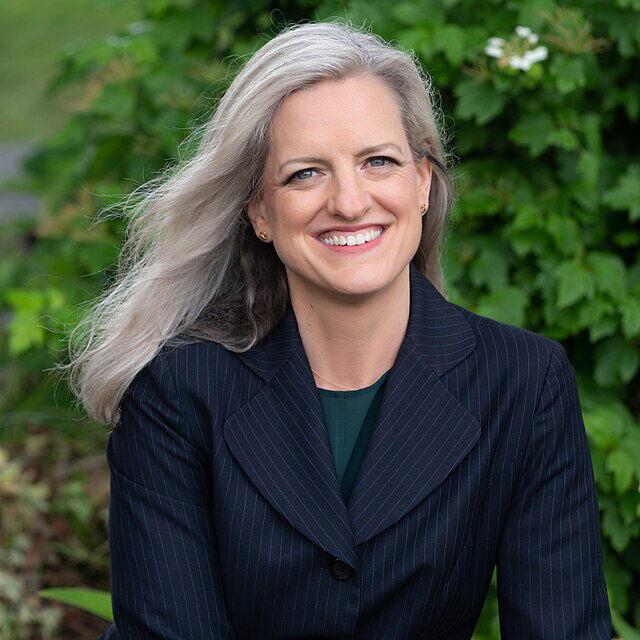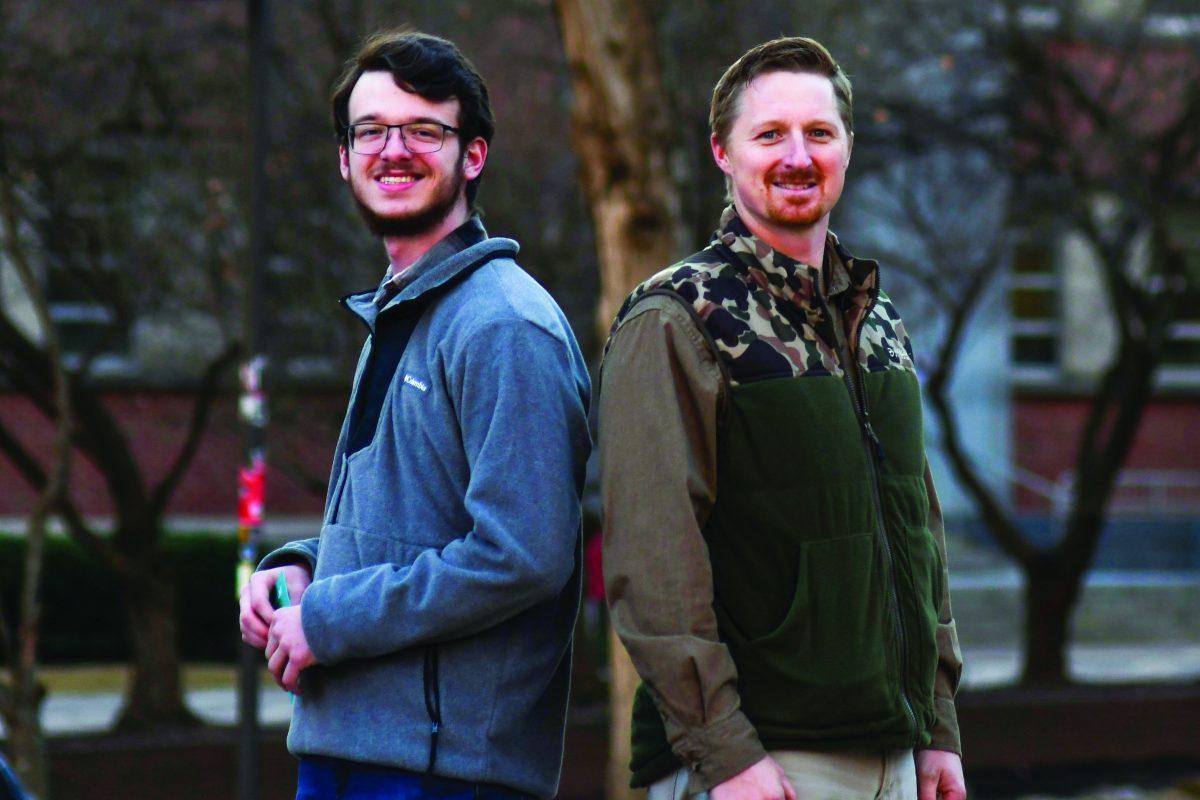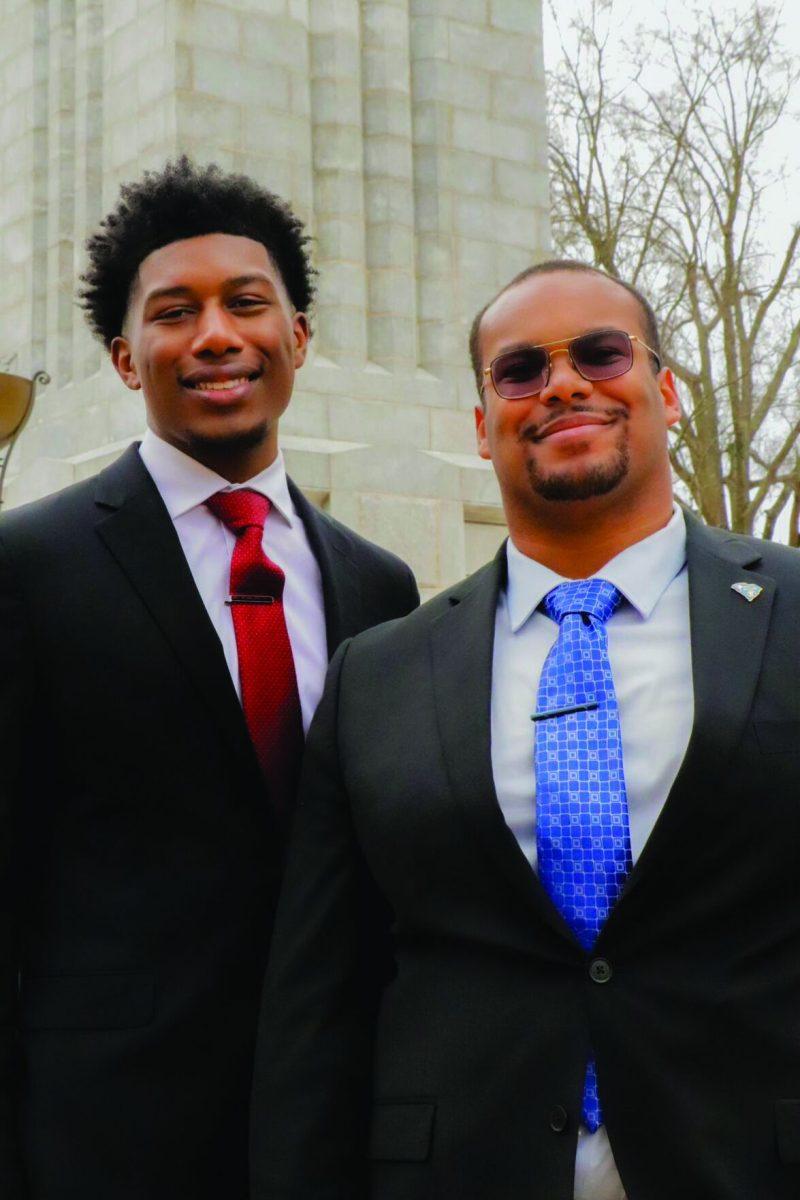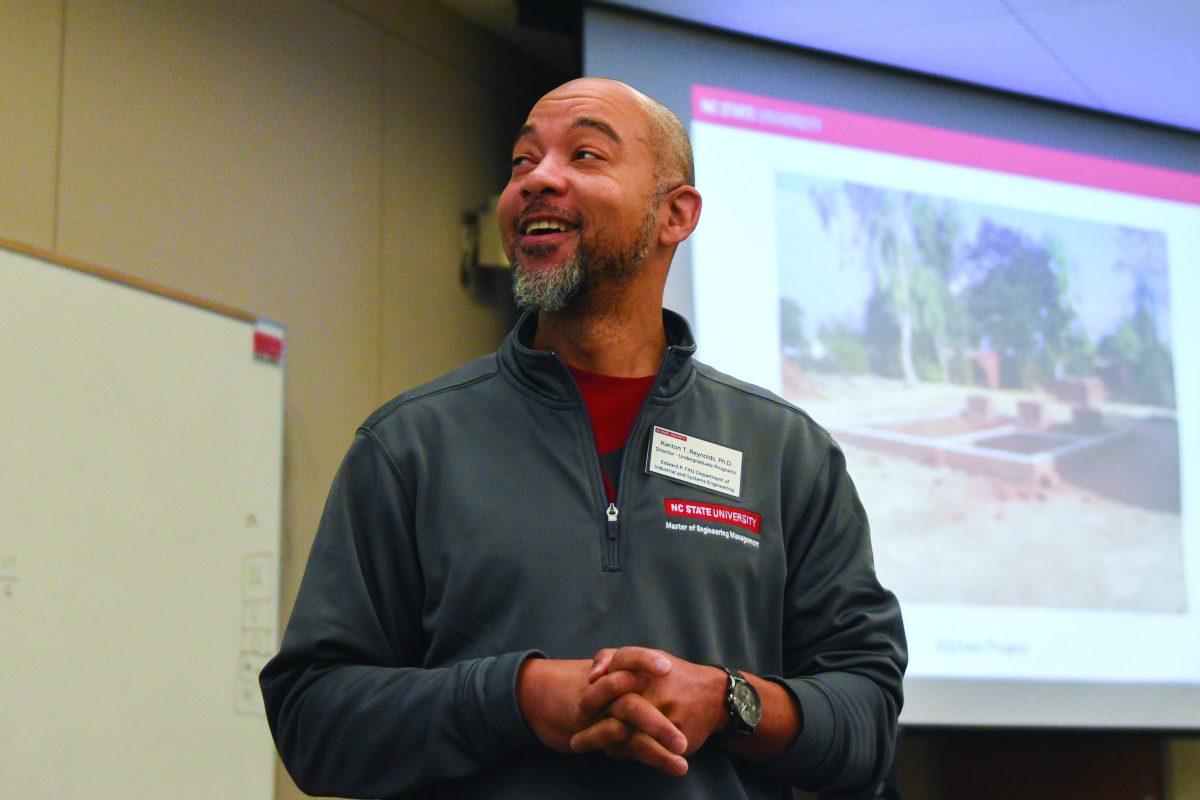Janet Cowell, former state treasurer and Raleigh City Council member, is leveraging her extensive experience as she vies for the position of Raleigh’s mayor in the upcoming election.
Cowell is originally from Memphis, Tennessee but has called Raleigh home for 27 years. She sees her candidacy as an opportunity to shape the city’s future amid rapid growth and change.
“We are now a big city — half a million folks,” Cowell said. “I’ve had an incredible amount of opportunity here, but I know that change brings with it some challenges for others.”
Cowell’s vision for Raleigh centers on creating a city that “works for everybody,” addressing her three main pillars of housing affordability, public safety and environmental protection; issues Cowell said most Raleigh residents face. Her approach draws from her varied background, including stints on the Raleigh City Council, in the state senate, as North Carolina State Treasurer and most recently as CEO of the Dix Park Conservancy.
Tackling Raleigh’s housing affordability crisis is a top priority for Cowell. She supports recent efforts to diversify housing options, including measures to facilitate the construction of duplexes and townhomes. However, Cowell said she believes more can be done.
“A lot of the most creative high-growth cities have a lot of inequality,” Cowell said. “Raleigh is no different from that.”
Drawing from her experience as state treasurer, Cowell said she proposes using tax increment financing to fund affordable housing initiatives. This tool would allow the city to leverage increased property tax revenues from major public investments, such as bus rapid transit projects, to subsidize affordable housing and public amenities.
Cowell also advocates for utilizing public land for housing development, citing the abundance of state-owned property in Raleigh. Cowell said she plans to work closely with faith communities and initiatives like One Wake, which focuses on using public land for housing.
Addressing Raleigh’s “downtown dead zone,” a 20-block space with no retail, is another key focus for Cowell. She said she is inspired by Jane Jacobs, a 20th-century thinker, to maintain a street grid that promotes movement and activity.
Cowell supports efforts to reconnect downtown with surrounding areas, including a grant application to improve pedestrian access across Western Boulevard and Martin Luther King Jr. Boulevard. This initiative aims to bridge the gap between downtown and the growing areas to the south, including Dix Park and NC State.
Cowell, who is also a former lecturer of the Master’s of Public Administration program at NC State, said she would like to explore opportunities for local universities to have a more prominent presence downtown, similar to Clemson University’s storefront presence in downtown Greenville, South Carolina. She said this approach aims to better integrate the University’s resources and expertise with the broader community.
“How can we work with Shaw, NC State, Wake Tech to have more presence downtown because it is the seat of government,” Cowell said. “There’s public policy programs at NC State, all sorts of different opportunities to have students also have a foothold in downtown.”
Cowell’s approach to public safety involves a multifaceted strategy. While supporting recent salary increases for police officers, she also advocates for expanding alternative response units to handle non-criminal like mental health crises and drug overdoses.
This includes the Addressing Crises through Outreach, Referrals, Networking and Service program, or ACORNS. Cowell said this approach would allow for better allocation of police resources.
“I was talking to a police officer … they get maybe one call an hour, let’s say that they handle on average,” Cowell said. “And she said six of those calls are probably more social service-oriented … It’s something that is really not fundamentally about criminal and safety. If we could build an alternative response unit or expand ACORNS where the police can then focus on the real public safety issues, and you get social workers, clinical psychologists and others to address those issues,” Cowell said.
Environmental resilience is a key component of Cowell’s platform. She highlights Raleigh’s selection for a Bloomberg investment program focused on addressing climate change at the city level.
Cowell said she supports practical, tangible approaches to environmental protection, such as enhancing the city’s creek systems. Cowell envisions projects that combine flood mitigation with public amenities, citing ongoing efforts at Dix Park as an example, and advocates for increased use of native plants and natural systems to improve water absorption and reduce erosion.
Cowell said she stands out as a candidate for her extensive experience in both public and private sectors. Her tenure as state treasurer provided insights into municipal finance and debt management, while her recent role at Dix Park allowed her to work closely with city staff and community partners.
“I’ve worked very closely with the city for the last three and a half years,” Cowell said. “I know the staff. I know the city manager. I know the best parts of the city.”
Cole Newsome, Cowell’s campaign manager and NC State alumnus, highlighted Cowell’s knowledge of city issues and her ability to leverage municipal tools effectively.
“She understands how to use the city’s tools at its disposal to make sure we address the housing crisis, public safety and environmental protections for everyone in Raleigh,” Newsome said.
Cowell stressed the significance of local elections, particularly for young voters and students. She said city government has the most direct impact on residents’ daily lives, from garbage collection to street safety.
“It is the closest, most personal and accountable realm of government,” Cowell said. “We’re like the infantry of government.”
Newsome too said he urges students to engage in local politics.
“This is the branch of government that is going to impact the lives of people in Raleigh the most,” Newsome said. “It is the branch of government which they can interact with most directly.”














